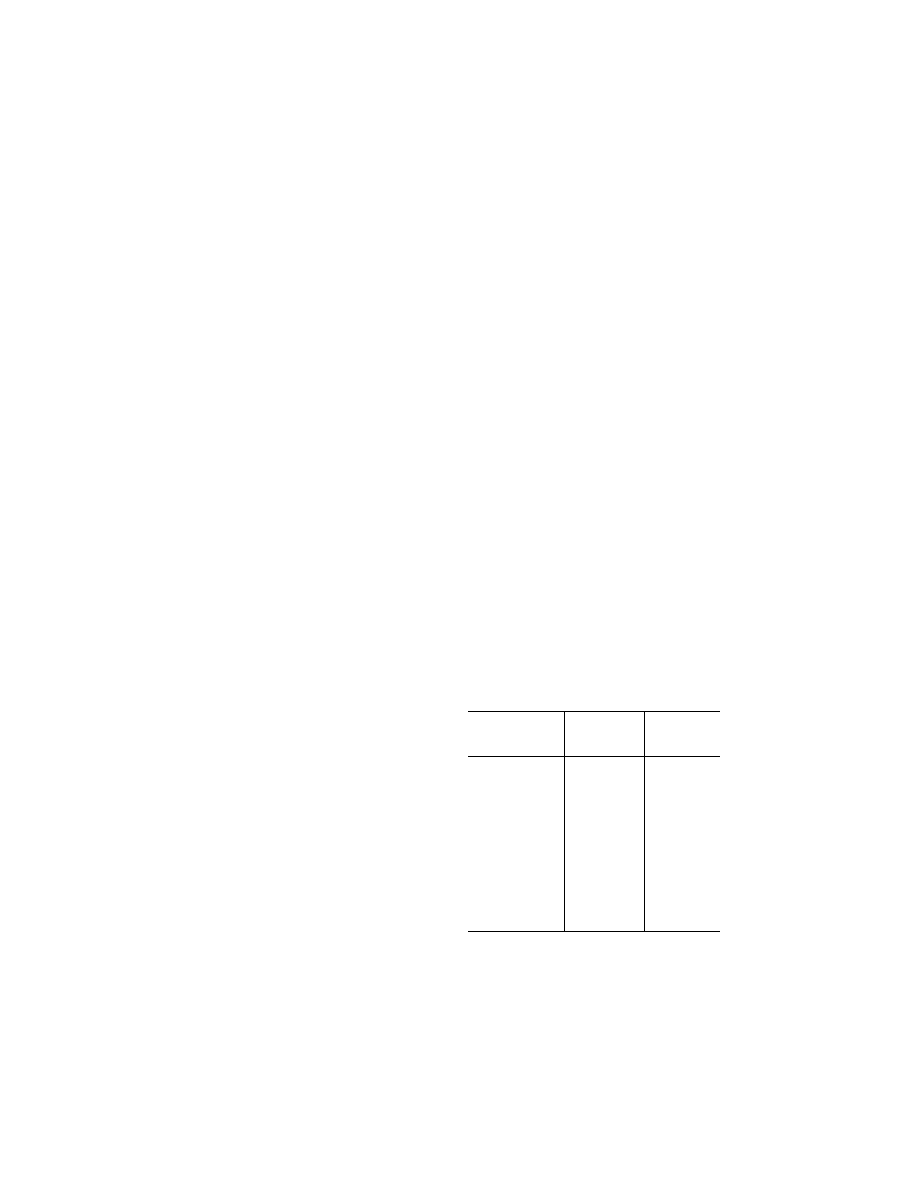
778
14 CFR Ch. I (1–1–19 Edition)
§ 91.607
(1) The takeoff weight does not ex-
ceed the takeoff weight specified in the
Airplane Flight Manual for the ele-
vation of the airport and for the ambi-
ent temperature existing at the time of
takeoff;
(2) Normal consumption of fuel and
oil in flight to the airport of intended
landing and to the alternate airports
will leave a weight on arrival not in ex-
cess of the landing weight specified in
the Airplane Flight Manual for the ele-
vation of each of the airports involved
and for the ambient temperatures ex-
pected at the time of landing;
(3) The takeoff weight does not ex-
ceed the weight shown in the Airplane
Flight Manual to correspond with the
minimum distances required for take-
off, considering the elevation of the
airport, the runway to be used, the ef-
fective runway gradient, the ambient
temperature and wind component at
the time of takeoff, and, if operating
limitations exist for the minimum dis-
tances required for takeoff from wet
runways, the runway surface condition
(dry or wet). Wet runway distances as-
sociated with grooved or porous fric-
tion course runways, if provided in the
Airplane Flight Manual, may be used
only for runways that are grooved or
treated with a porous friction course
(PFC) overlay, and that the operator
determines are designed, constructed,
and maintained in a manner acceptable
to the Administrator.
(4) Where the takeoff distance in-
cludes a clearway, the clearway dis-
tance is not greater than one-half of—
(i) The takeoff run, in the case of air-
planes certificated after September 30,
1958, and before August 30, 1959; or
(ii) The runway length, in the case of
airplanes certificated after August 29,
1959.
(c) No person may take off a turbine-
engine-powered transport category air-
plane certificated after August 29, 1959,
unless, in addition to the requirements
of paragraph (b) of this section—
(1) The accelerate-stop distance is no
greater than the length of the runway
plus the length of the stopway (if
present); and
(2) The takeoff distance is no greater
than the length of the runway plus the
length of the clearway (if present); and
(3) The takeoff run is no greater than
the length of the runway.
[Doc. No. 18334, 54 FR 34318, Aug. 18, 1989, as
amended by Amdt. 91–256, 63 FR 8321, Feb. 18,
1998]
§ 91.607
Emergency exits for airplanes
carrying passengers for hire.
(a) Notwithstanding any other provi-
sion of this chapter, no person may op-
erate a large airplane (type certificated
under the Civil Air Regulations effec-
tive before April 9, 1957) in passenger-
carrying operations for hire, with more
than the number of occupants—
(1) Allowed under Civil Air Regula-
tions § 4b.362 (a), (b), and (c) as in effect
on December 20, 1951; or
(2) Approved under Special Civil Air
Regulations SR–387, SR–389, SR–389A,
or SR–389B, or under this section as in
effect.
However, an airplane type listed in the
following table may be operated with
up to the listed number of occupants
(including crewmembers) and the cor-
responding number of exits (including
emergency exits and doors) approved
for the emergency exit of passengers or
with an occupant-exit configuration
approved under paragraph (b) or (c) of
this section.
Airplane type
Maximum num-
ber of occupants
including all
crewmembers
Corresponding
number of exits
authorized for
passenger use
B–307 ........................
61 4
B–377 ........................
96 9
C–46 ..........................
67 4
CV–240 ......................
53 6
CV–340 and CV–440
53
6
DC–3 .........................
35 4
DC–3 (Super) ............
39
5
DC–4 .........................
86 5
DC–6 .........................
87 7
DC–6B .......................
112 11
L–18 ...........................
17 3
L–049, L–649, L–749
87
7
L–1049 series ............
96
9
M–202 ........................
53 6
M–404 ........................
53 7
Viscount 700 series ...
53
7
(b) Occupants in addition to those au-
thorized under paragraph (a) of this
section may be carried as follows:
(1) For each additional floor-level
exit at least 24 inches wide by 48 inches
high, with an unobstructed 20-inch-
wide access aisleway between the exit
and the main passenger aisle, 12 addi-
tional occupants.
VerDate Sep<11>2014
16:30 Jun 25, 2019
Jkt 247047
PO 00000
Frm 00788
Fmt 8010
Sfmt 8010
Q:\14\14V2.TXT
PC31
kpayne on VMOFRWIN702 with $$_JOB